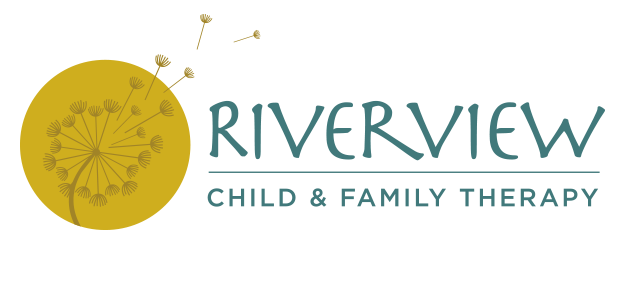Over the weekend my husband noted, and accurately so, that I was on edge. To him this edginess seemed inexplicable and from his perspective, it was. We were having a discussion about our plans and I explained that I didn’t want to see the movie that our oldest son was hoping we’d go to. It is yet another teenaged-dystopian, end-of-days type of movie, and at this point, I feel as if I’ve seen enough of these to cover me for the rest of MY days. I had a feeling this movie would be too intense for our youngest. My husband, being perfectly logical as he is, said that I should stay home with our youngest and have a ‘Lego Day’ while he took our oldest to the movie. My insides cringed. I actually don’t mind Legos as a hobby in general, and like sharing this quality time watching my spatially-accomplished younger son create his masterpieces. So, why did I cringe at my husband’s suggestion?
My mood did not improve and began to deteriorate over the next few hours. What was wrong with me? Naturally, I ruminated about it most of the day and into the night. Here is what I concluded: I have reached my max-caretaker capacity and I have nothing left to give. Any thought or suggestion about putting someone or something else before my own preferences felt like too much to me. It isn’t my children’s fault or my husband’s or even my two, very adorable and needy dogs’ fault. It is all on me.
How did I get to this point? I blame some of it on the rewired circuitry of my brain. This rewiring began when my children were babies. Their complete well-being was my responsibility. After you care for helpless infants for a few years, you come to learn that your life isn’t about you. It’s about them. As they grow and need you less, you still have that urge to care for them in their entirety. It’s as if your brain doesn’t register their growth and independence. It is a caretaker brain lapse.
For me, once I am in caretaker mode, I then become a caretaker to the world. I listen to anyone who is struggling with something. I pass out hugs and support like it’s nobody’s business, and I hold others’ challenges too close to my heart. My empathy is a double-edged sword. It makes me a good caretaker, but often a very overwhelmed one.
Are you relating to any of this yet? Finally, in the trifecta of caretaker burnout, I do not speak up for myself. I don’t say what I really want. I wait to hear other people’s thoughts and opinions before I give my own. Eventually, I become so frustrated at not honoring my own needs, I get very cranky. Shockingly, this doesn’t do a thing to help me get my needs met.
Now I’m at this frustrated point and there isn’t much I can do. I plan to sit down with my husband and try to articulate how I’m feeling without being in attack mode. Somehow going from burned-out caretaker to cranky-attack wife doesn’t seem to be a positive leap. After that, I am going to think of ways I can be proactive so I don’t get to this point in the first place.
Here are my ideas:
- Speak up for myself. Say what it is I want clearly and with conviction. Say it before everyone else has their say. Say it as if what I need/want is as valuable as everyone else’s needs/wants in the room.
- Carve out time that is only for me and about me. This could be watching a ‘Downton Abbey’ episode by myself, writing with no interruptions and reading quietly in another room while my husband and kids watch sports. I also managed a dinner out with a friend a couple weeks ago and that felt great. It was nice to use a sitter for a night of fun as opposed to using her for my evening volunteer obligations (note to self: say ‘no’ to volunteer obligations more, and ‘yes’ to time with my friends more).
- Learn to trust in other people’s ability to care for themselves. I understand that life is hard, but through its challenges is how we learn and grow. If I keep trying to intervene and shield others from their pain and discomfort, I am not allowing life to do its job. Putting up boundaries like this is hard for someone like me. It often feels like if I’m not giving away love and support, I won’t be valued or needed in the relationship anymore. This isn’t true.
“Other healthy personal selves accept boundaries with gratitude. They recognize them as acknowledgement of their wholeness.”
-4 Habits for Inner Peace by Elizabeth Cronkhite
But, let’s face it, even after all my attempts to set boundaries and prevent burnout, if I see you and I know that you are upset, I’m still going to hug you.
Written by Diana DeVaul: Advocate for caretakers everywhere



